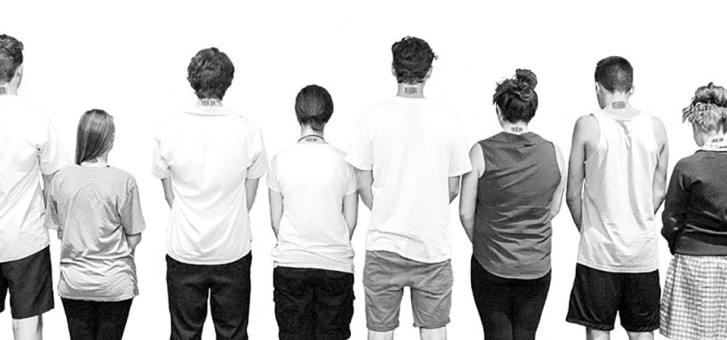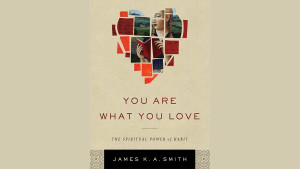I usually don't tell people that I follow Lorna Jane on Instagram and ask my wife to pick up her catalogues as we walk past the ladies’ active wear store. But I can justify it by saying its part of my consumer-culture research. Sure, it might be good active wear—I don’t know—but I am intrigued by the spiritual themes that Lorna, called their “Lead Philosopher”, uses to create a pseudo-community and story that goes way beyond an article of clothing. It isn’t simply exercise gear, it’s buying into a community of “inspired”, nourished, self-believers who are living their “most beautiful lives”—or at least that’s the “story” being sold.
Likewise, I’m intrigued when I go to Bunnings on a Sunday morning. People checking their children in for a craft. Dads going to a DIY class. Giving to a community cause and having a fellowship sausage as we aim for a makeover like the one we saw on TV. Why Bunnings? Well, it has far more choice than the little family hardware store that used to be down the road. For many, a trip to Bunnings is a spiritual experience.
We live in what Mark Sayers describes as “hyper-real consumer culture”. It’s the pool we are swimming in. Each day we see more than 3000 advertisements that tell us we need more or that we need to be something different. We are told what to have and how to live a story of “success”. We are shown how to fit in, make it and be the best version of “me”.
Consumerism shapes our sense of identity and personality. It tells us what to desire, love and have hope in. You need clearer skin, whiter teeth or better handbags and shoes. We are sold a story that we’re a purchase away from happiness. Consumerism causes me to continually think I need more and that somehow I am missing out.
Consumerism is not so much about how much we have (on a global scale, we are all ridiculously rich) but more about where we put our hope and desire. Some people might be very wealthy by our standards but score low on consumerism scales as they realise what they have is all from and for God and doesn’t actually belong to them. Their self-identity is not tied up in what they own. Others might have relatively little, but their driving desire and hope is for what they don’t have yet. Like greyhounds racing after a fake rabbit, they run really hard after the elusive promises of consumer culture.
In consumerism, I learn that things exist to make me happy, that I can have gratification now and that products are disposable and are always being updated. Sadly, we don’t only treat products this way. We also commodify people and can and to remember that we are shaped for a greater purpose.
Jesus spoke often about the challenge of consumerism. Sure, there weren’t all the advertisements, brands and fashion magazines but He did explain in Luke 12 how things have a way of taking hold of our hearts and becoming our master. He did talk about how we can so easily give our heart to the wrong grid—define ourselves by our “treasure” —and end up serving money.
So how do we find a way out? How do we live in the world but not be of it? Reality is we are going to consume. We will buy shoes, clothes, food and more.
Consumerism is not so much the fact we buy, but rather the meaning we place in the process.

The biblical story of Daniel highlights how we can live, and even thrive, in Babylon, an empire that symbolises false worship. Daniel purposed in his heart that he belonged to a more significant empire. He prayed with and sought support from friends with similar values. He recalibrated around God’s purpose for him often (at least, formally, three times a day) and remembered that everything, including his intellect and ability to interpret dreams, was from God and only God was worthy of ultimate glory.
When we start with knowing we exist for God’s glory, we see life and the world differently.
As Christians, we are called to give our life to a different story. Rather than conformed, we are to be transformed.
“So here’s what I want you to do, God helping you: Take your everyday, ordinary life—your sleeping, eating, going-to-work and walking around life—and place it before God as an offering. Embracing what God does for you is the best thing you can do for him. Don’t become so well adjusted to your culture that you fit into it without even thinking. Instead, fix your attention on God. You’ll be changed from the inside out. Readily recognise what He wants from you, and quickly respond to it. Unlike the culture around you, always dragging you down to its level of immaturity, God brings the best out of you, develops well-formed maturity in you.” —Romans 12:1–3, The Message.
We will consume but with different glasses on. We will find our hope, desire and identity in Jesus, and ironically find our life by giving it away—shifting from our agenda to serving God’s. We will value people, take time to grow, serve, share and worship in ways that resist commodification. We will live to God’s glory in a world that focuses on self. This is the starting point of a significant life that matters for now and eternity






